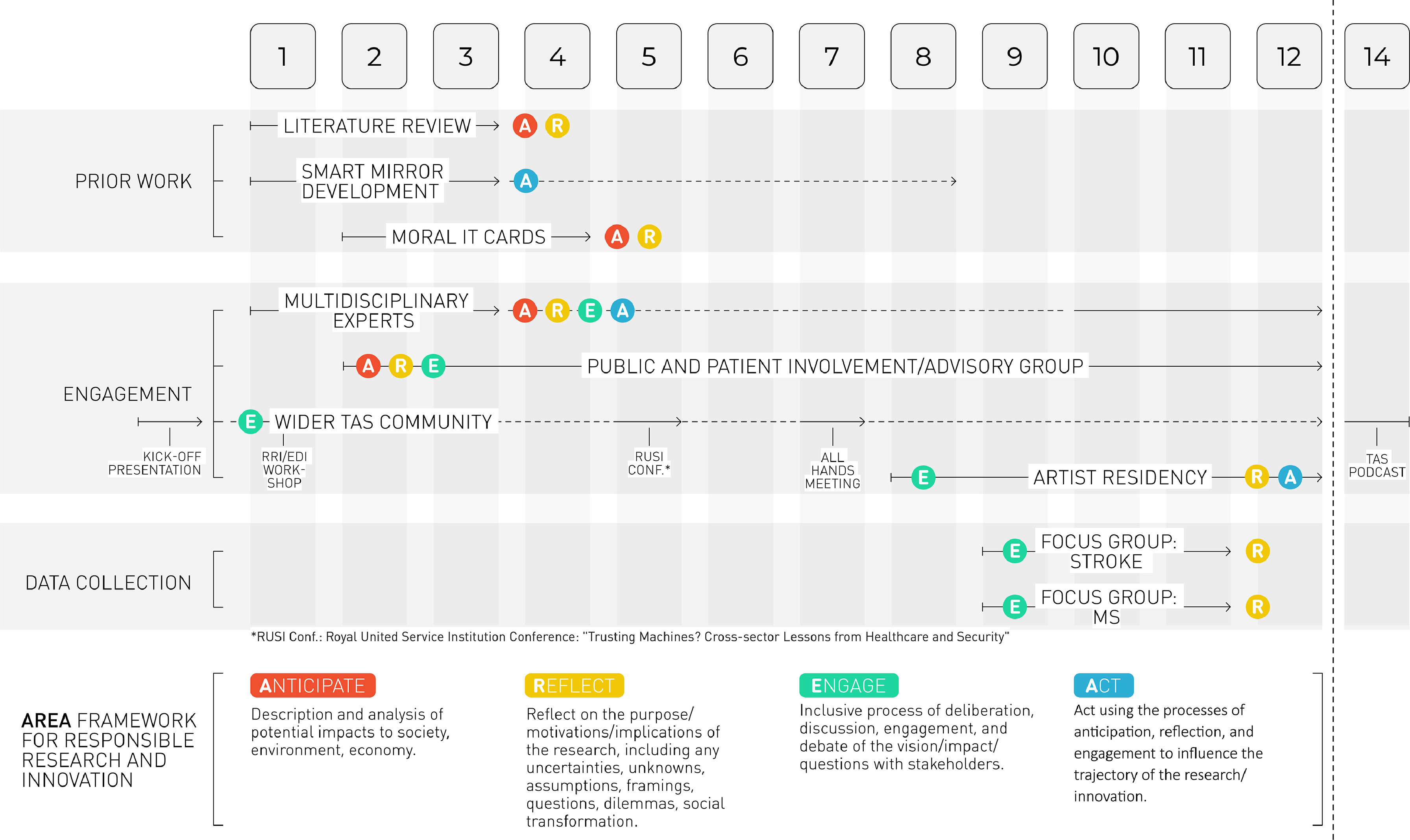This chapter discusses an “Equalities Design” approach that informs and guides my practice as a designer. Using the frame of post-normative equity, I have been developing Equalities Design tools, methods and approaches that interrogate and queer normative (including neuronormative) assumptions in order to create alternative bodymind explorations and experimental outputs.
"This chapter presents examples of inclusive architecture for atypical people, designed by Allen Kong Architects (AKA). The design philosophy of AKA is that the quality of life of the individual is first and foremost within their community, and that this requires addressing their individual needs in a way that also recognizes their social, economic and environmental context.
Ability-Inclusive Sensory Theatre (AIST) is an emerging genre of Theatre for Young Audiences which serves young people with autism and other cognitive disabilities.
SWA takes pride in its record of ‘learning through doing,’ and we like to build our knowledge base partly through undertaking project work with a clear research agenda. This chapter will explore our approach to two different projects, one a completed building and one a research project, both focused on inclusive and accessible design for people with neurodiversities.


![Overview of brain [64Cu]-ATSM retention and mitochondrial abnormalities in cells from Huntington's disease carriers, at premanifest and manifest disease stages, and in presymptomatic YAC128 mice. Overview of brain [64Cu]-ATSM retention and mitochondrial abnormalities in cells from Huntington's disease carriers, at premanifest and manifest disease stages, and in presymptomatic YAC128 mice.](https://sdgresources.relx.com/sites/default/files/mitochondrial_and_redox_modifications.jpg)
